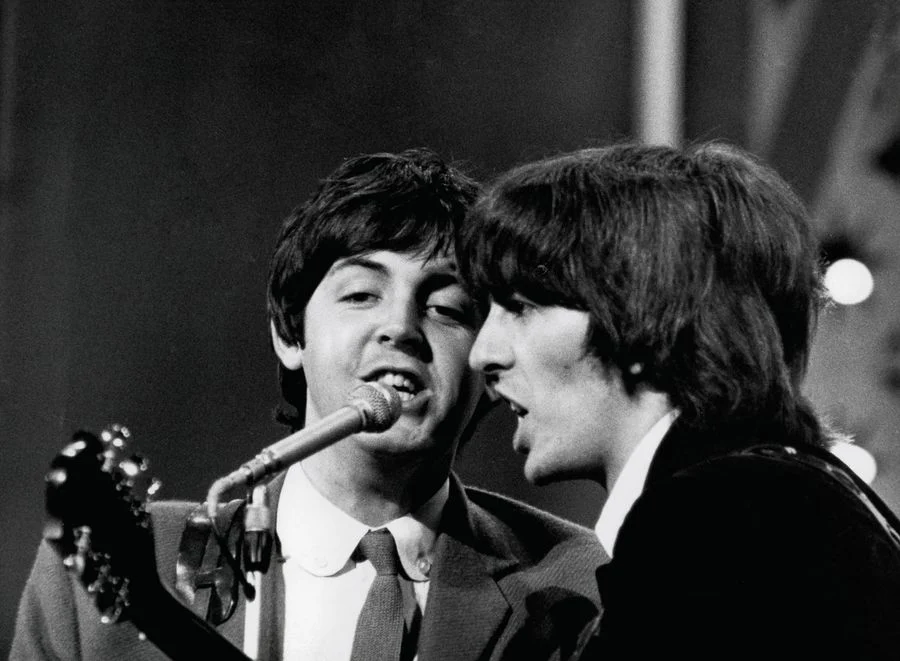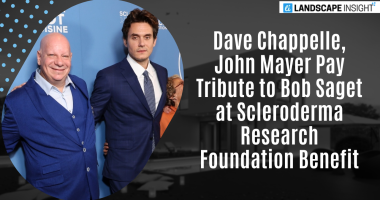The Fab Four’s relationships had become somewhat strained by the time The Beatles were recording their Get Back sessions, which gave rise to their final studio album, Let It Be.
Indulging in the late 1960s New York folk culture and working with artists like Bob Dylan and The Band, George Harrison had visited the country the year before.
Harrison’s growth as a songwriter was greatly influenced by this period, which also served as inspiration for his 1970 solo album, All Things Must Pass.
It was “such a lovely time,” according to Harrison, but once he and the Beatles returned from the States, “the moment I went back with the Beatles, it was just too difficult.” Harrison’s brief separation from the Beatles in 1969 was influenced by a number of variables. First, Harrison’s guitar playing was coming under greater fire from Paul McCartney, who was also becoming more autocratic.
Harrison stated that Paul “couldn’t look beyond himself at that moment in time” in 2001, not long before he passed away. Even though he was having a great time, everything going on around him only served to support him in his thoughts. He was not sensitive to hurting other people’s feelings or egos.

Harrison was also experiencing problems with John Lennon, who was growing more and more hooked on both drugs and his relationship with Yoko Ono. Lennon reportedly “grew emotionally detached and artistically bankrupt” during this time, which led to the musician taking out his emotions on Harrison.
Harrison suggested a number of new songs, including “Hear Me Lord” and “Let It Down,” which were included on his critically acclaimed debut solo album, but they were met with “derision and apathy from Lennon or heavy-handed meddling from McCartney.”
The situation further became tenser when Harrison complained about Ono’s persistent presence, saying that “Dylan and a few people stated she’s got a horrible name in New York.”
Eventually, a heated dispute between the two started, during which Harrison expressed his displeasure with Lennon’s lack of collaboration. Before leaving for home, he asked the others to locate a replacement for him in the NME’s classifieds section, which caused the band to worry that Harrison was done with The Beatles forever.
Harrison sat down that evening to direct his rage into something constructive. He created the song “Wah-Wah,” which appeared on All Things Must Pass. Even though his solo project was heavily influenced by folk music, the louder guitar tone and the percussion in “Wah-Wah” capture the stressful environment of the Get Back recording sessions.
In its lyrics, “Wah-Wah” alludes to Harrison’s conflict with Lennon and McCartney, with the cryptic title word alluding to the mistreatment he endured. Among the songs he sings are “I don’t need no wah-wah” and “You made me such a great star/Being there at the appropriate time/Cheaper than a dime/Wah-wah, you’ve given me your/Wah-wah, wah-wah.”
Harrison revealed that the song’s lyrics, “You’re giving me a bloody headache,” refer to the pain that Lennon and McCartney inflicted.
In order to complete recording Let It Be, the musician did rejoin the group, but this time he was determined not to let the others treat him poorly. The Beatles, however, made the decision to dissolve the group in 1970, bringing an iconic period to a close.
There were too many restrictions, said Harrison in 2000. It had to go out of control. Being by myself and separate from the band allowed me to envision a far better future. Like a straitjacket, it was.

Irving is the Chief Editor at the Landscape Insight. He lives just outside of New York. His writings have also been featured in some very famous magazines. When he isn’t reading the source material for a piece or decompressing with a comfort horror movie, Irving is usually somewhere in his car. You can reach Irving at – [email protected] or on Our website Contact Us Page.








